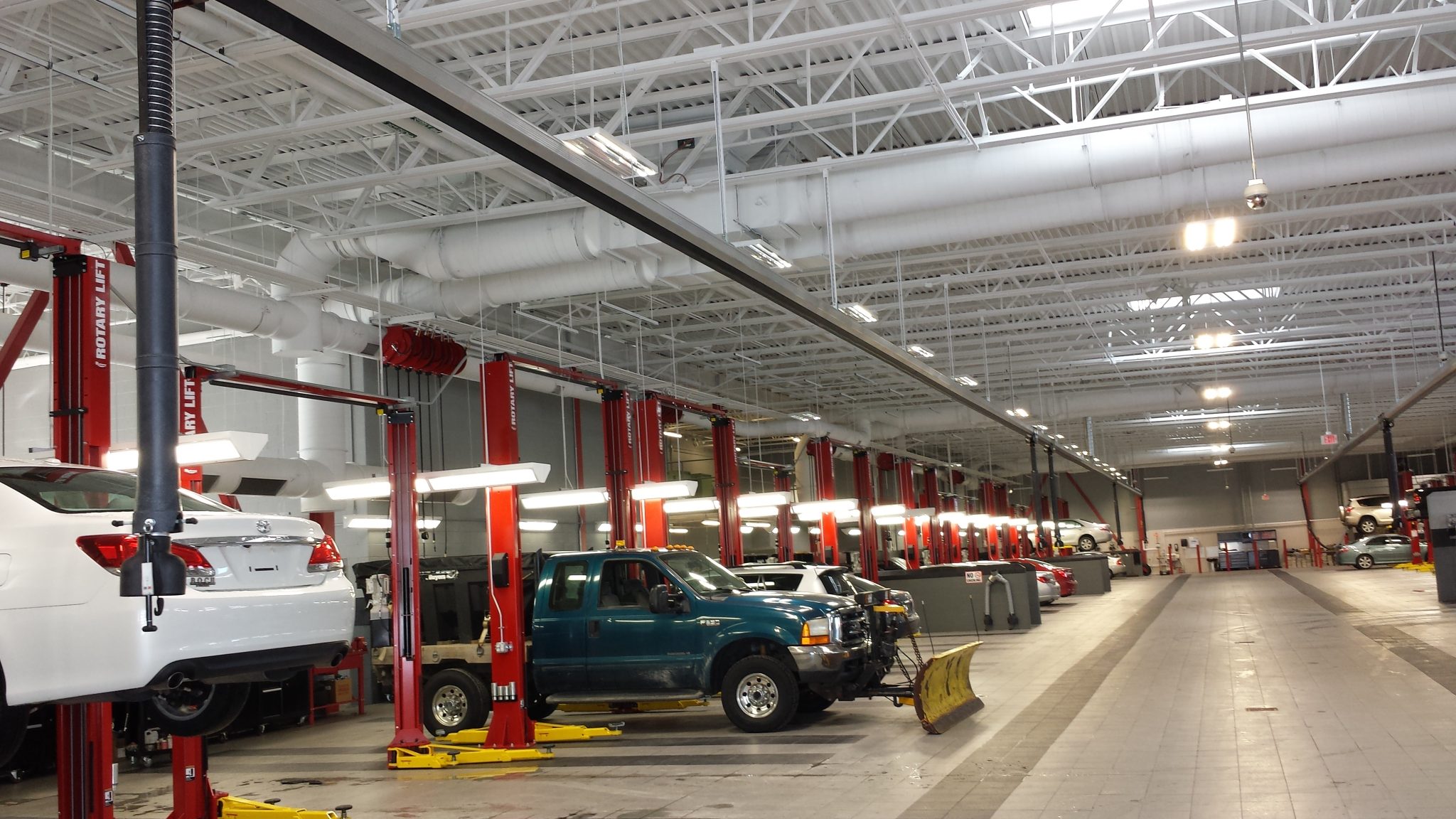

Other times, dealers may try to include these and other add-ons in your deal without ever discussing them with you, and without your knowledge or approval. Often, add-ons can cost thousands of dollars and are mentioned only at the end of an already difficult and time-consuming day at the dealership. Be Aware of Add-onsĪdd-ons are optional products and services offered by the dealer, like gap insurance, Vehicle Identification Number (VIN) etching, rustproofing. to remember: spoken promises are difficult to enforceĭealers in Maine and Wisconsin display their own version of the Buyers Guide.the dealer’s contact information, including the contact for complaints.to ask for a Spanish Buyers Guide if the sale is conducted in Spanish.
#Car dealerships on the automile how to#
to get a vehicle history report and to visit ftc.gov/usedcars for information on how to get a report, how to check for safety recalls, and other topics.to ask to have the car inspected by an independent mechanic before you buy.what percentage of the repair costs a dealer will pay under the warranty.whether the car is being sold “as is” or with a warranty.the major mechanical and electrical systems on the car, including some of the major problems you should look out for.Dealers don’t have to display a Buyers Guide on motorcycles and most recreational vehicles. Program cars are low-mileage, current-model-year vehicles returned from short-term leases or rentals. Demonstrators are new cars that haven’t been owned, leased, or used as rentals, but have been driven by dealer staff. This includes light-duty vans and trucks, demonstrators, and program cars. They also have to give it to buyers after the sale. You also can check out a dealer’s reputation by searching online for the company’s name with words like “scam,” “review,” or “complaint.” Dealer Sales and the Buyers Guideĭealers have to display a Buyers Guide in every used car they offer for sale. Contact your state and local consumer protection agencies to find out if any unresolved complaints are on file about a particular dealer. Then, find out about the dealer before you visit. spot add-ons and other charges that the dealer may try to introduce at the last minute.confirm that the vehicle is actually on the lot.confirm that advertised prices, discounts, rebates, etc.Once you have a car (or cars) in mind, ask for the out-the-door prices in writing from dealers before you visit. Research models, options, repair records, safety tests, and mileage. Don’t forget other costs like registration, insurance, gas, and maintenance. Consider the kind of car you need, how you’ll use it, and your budget. Get an Independent Inspection Before You Buyīefore you start shopping for a used car from an auto dealer, do some homework.



 0 kommentar(er)
0 kommentar(er)
